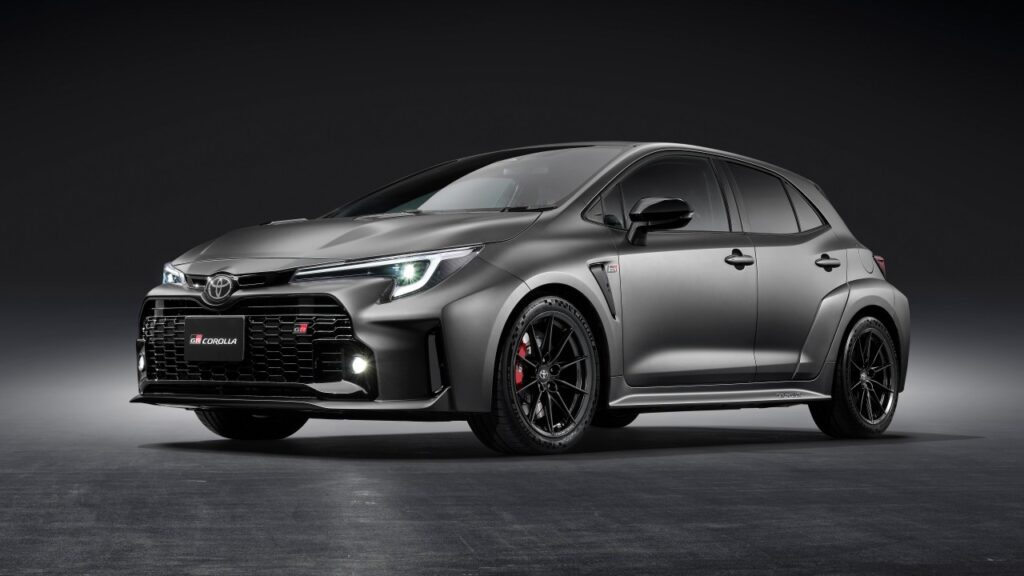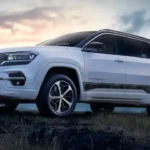As the global shift towards sustainable practices intensifies, consumers are increasingly prioritizing fuel-efficient vehicles in their car-buying decisions. Whether motivated by the rising cost of fuel, environmental concerns, or the desire to save on long-term ownership expenses, the demand for fuel-efficient cars is skyrocketing. This trend is expected to continue, leading to a significant surge in prices for vehicles that prioritize fuel economy. In this article, we’ll explore the factors driving this surge, what makes fuel-efficient cars stand out, and what buyers can expect in the coming years.
Rising Demand for Fuel-Efficient Cars
One of the primary drivers of the price surge is the growing awareness about the need for more eco-friendly vehicles. Gas prices have been fluctuating in recent years, with significant spikes prompting consumers to reconsider their transportation choices. In addition, climate change and air quality concerns are pushing people toward solutions that reduce their carbon footprints. Fuel-efficient cars, which offer better miles per gallon (MPG) rates than their counterparts, are at the forefront of this movement.
Moreover, the government’s push for environmental regulations and reduced emissions is encouraging car manufacturers to invest more in fuel-efficient technologies. As automakers develop new models and improve the performance of existing ones, the demand for these advanced vehicles continues to rise. This increased demand is expected to lead to a steady increase in prices, particularly for hybrid and electric vehicles (EVs), which are setting the standard for fuel efficiency.
Hybrid and Electric Vehicles Lead the Charge
Hybrid and electric vehicles are the prime players in the fuel-efficiency game, and they are expected to see some of the most significant price increases in 2025. These vehicles offer tremendous fuel savings, with hybrids combining a traditional internal combustion engine with an electric motor, and EVs offering fully electric powertrains with zero tailpipe emissions. For consumers looking to reduce fuel consumption and their environmental impact, these vehicles are becoming more appealing than ever.
Hybrid cars, for instance, typically deliver excellent fuel economy compared to conventional gasoline-powered vehicles. Some of the top models can achieve 50-60 MPG, making them an attractive option for drivers who frequently commute long distances. On the other hand, electric cars, while initially more expensive, promise lower long-term operating costs due to fewer moving parts and no need for gasoline. With advancements in battery technology, electric vehicles are also offering improved range, reducing the “range anxiety” that has historically been a barrier to adoption.
As technology continues to evolve, hybrid and electric vehicles are becoming more accessible to a broader range of buyers. However, due to increased demand, limited supply, and the costs associated with the advanced technology used in these vehicles, prices are expected to rise in the coming years.

The Role of Fuel Efficiency in Consumer Choice
In today’s market, consumers are more educated than ever about the total cost of ownership, which includes purchase price, fuel costs, and maintenance. The initial investment in a fuel-efficient car can often be higher, but the long-term savings on fuel and maintenance can more than make up for the difference. Many buyers are looking for ways to reduce their carbon footprint while also saving money over time.
For instance, consumers who drive frequently or have long commutes can benefit greatly from the fuel efficiency of certain cars, especially hybrids and electric vehicles. These cars not only lower fuel expenses but also reduce the need for regular maintenance associated with traditional gasoline-powered vehicles. Fewer moving parts in electric cars, for example, translate to less wear and tear and fewer trips to the mechanic.
In response to this growing consumer demand, automakers are developing models that offer better fuel efficiency without sacrificing performance or luxury. Many new hybrid and electric vehicles are equipped with advanced features, including cutting-edge infotainment systems, autonomous driving capabilities, and stylish designs, which make them even more attractive to a wide range of buyers.
Factors Contributing to the Price Surge
The surge in prices for fuel-efficient cars is influenced by several factors. First and foremost is the increasing cost of raw materials needed to build advanced engines and battery systems, especially for electric vehicles. The prices of lithium, cobalt, and other essential materials for batteries have been rising, and this cost is often passed on to the consumer.
Additionally, governments worldwide are offering incentives for the purchase of hybrid and electric vehicles, which could create a temporary imbalance between supply and demand. While these incentives help to lower the upfront cost of these vehicles, the growing interest and reduced availability could push prices upward, especially for high-demand models.
Finally, the ongoing technological advancements in fuel efficiency—ranging from more efficient powertrains to improved aerodynamics—are adding to the overall cost of production. Manufacturers are incorporating these innovations into their vehicles, which may result in higher base prices but greater fuel savings in the long run.
What Buyers Can Expect
For those looking to purchase a fuel-efficient vehicle in 2025, it’s important to be prepared for higher prices. While hybrids and electric vehicles have historically been more expensive than their gasoline-powered counterparts, the gap is widening as demand increases. However, buyers can expect substantial savings on fuel and maintenance, making these vehicles a smart long-term investment.
With fuel-efficient cars becoming more advanced and popular, it’s clear that the future of transportation is headed in an eco-conscious direction. As prices for these vehicles continue to rise, consumers who prioritize fuel efficiency will need to make their purchasing decisions carefully, balancing short-term costs with long-term savings and environmental benefits.







